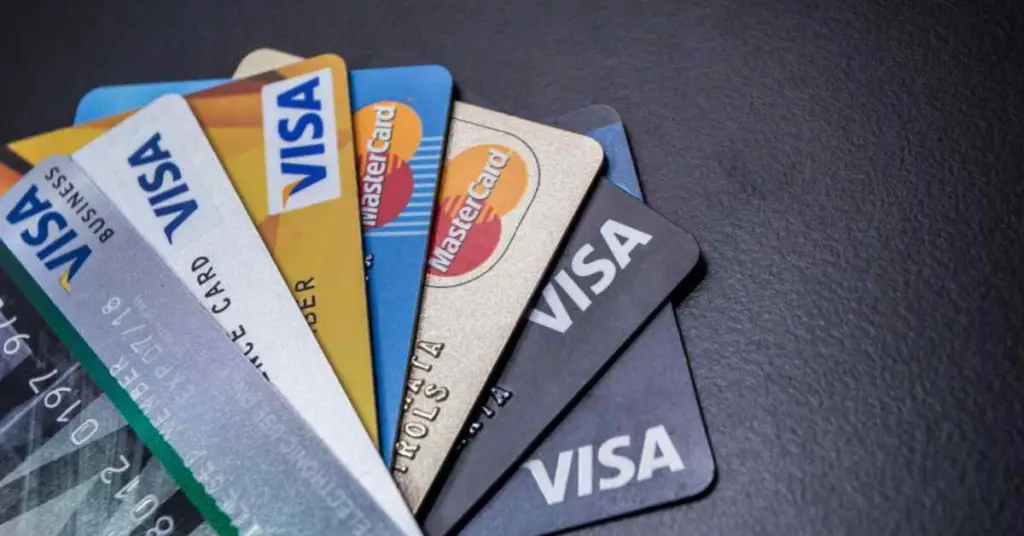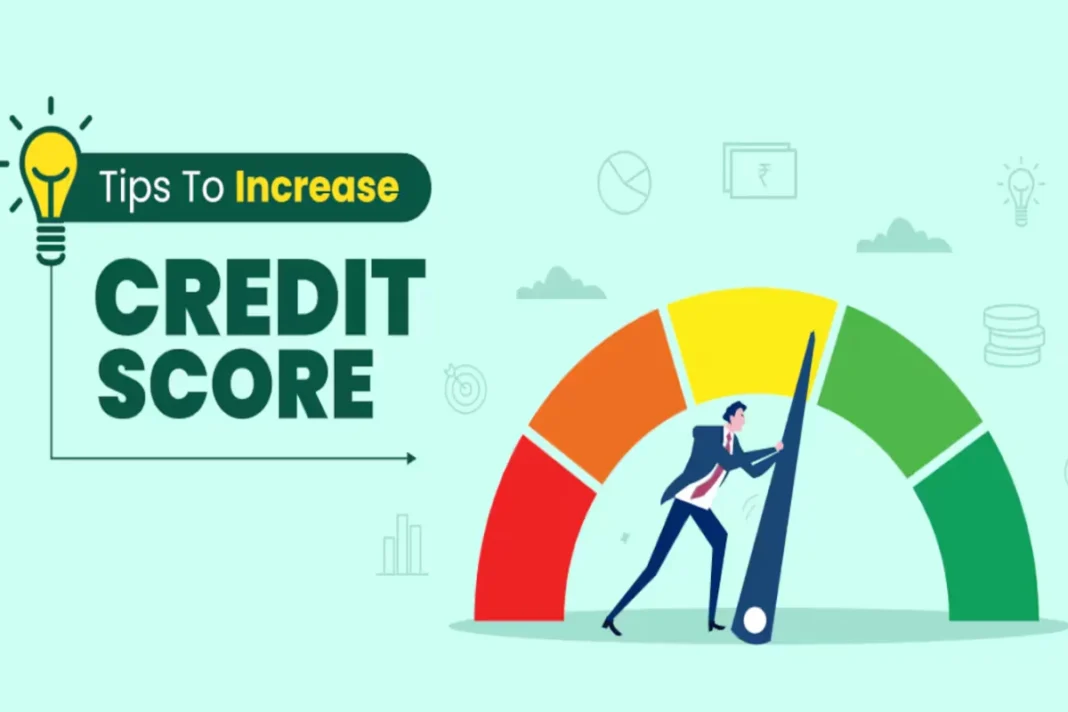Your credit score plays a huge role in your financial life. Whether you’re applying for a loan, renting an apartment, or even getting a new job, a good credit score can make all the difference. If you’re wondering how to improve your credit score quickly, you’re in the right place! Let’s dive into practical, proven strategies to boost your credit score fast.
Why Your Credit Score Matters
Your credit score is like a financial report card. Lenders, landlords, and even some employers use it to determine how financially responsible you are. A higher score can lead to better interest rates, easier loan approvals, and even lower insurance premiums.
A good credit score generally falls within these ranges:
- 300-579: Poor
- 580-669: Fair
- 670-739: Good
- 740-799: Very Good
- 800-850: Excellent
Now, let’s get into how you can improve your credit score fast!
1. Pay Your Bills on Time (Every Time!)
Payment history makes up 35% of your credit score, making it the most important factor. Even one late payment can drop your score significantly.
Quick Fix:
- Set up automatic payments to avoid missing due dates.
- Use calendar reminders for manual payments.
- Contact creditors if you’re running late—some may grant a grace period.
Example: Sarah missed a credit card payment by three days and saw her score drop by 50 points! After setting up auto-pay, she never missed a payment again and her score gradually improved.
Learn more about how payment history affects your credit score.
2. Reduce Your Credit Utilization Rate
Credit utilization is the percentage of your available credit that you’re using. Experts recommend keeping it below 30%, but below 10% is ideal for the best scores.
Quick Fix:
- Pay down credit card balances as much as possible.
- Ask for a credit limit increase (but don’t increase spending!).
- Spread balances across multiple cards to reduce utilization on any one account.
Example: John had a credit card with a $5,000 limit and a $4,500 balance (90% utilization). He paid off $3,500, reducing his utilization to 20%, and his score jumped by 40 points!
Learn more about credit utilization and its impact.
3. Dispute Errors on Your Credit Report

One in five Americans has an error on their credit report that could be hurting their score. Checking your report regularly can help you catch mistakes before they do too much damage.
Quick Fix:
- Get a free credit report from AnnualCreditReport.com.
- Look for incorrect balances, late payments, or accounts you don’t recognize.
- File disputes with the credit bureau to have errors corrected.
Example: Lisa found an old medical bill that had been incorrectly marked as unpaid. She disputed it, the error was removed, and her score improved by 60 points!
4. Become an Authorized User
If you have a trusted family member with excellent credit, ask them to add you as an authorized user on their credit card. This can help you inherit their positive credit history.
Quick Fix:
- Ensure the primary cardholder has a strong payment history and low credit utilization.
- Choose a card that reports authorized users to the credit bureaus.
- Use the card responsibly or not at all.
Example: Mike’s sister added him as an authorized user on her card with a 15-year history of on-time payments. His credit score improved within a month!
5. Pay Off Collection Accounts
Unpaid debts sent to collections can tank your credit score. However, paying off a collection account can sometimes remove it from your report or at least improve your standing.
Quick Fix:
- Contact the collection agency and negotiate a “pay-for-delete” agreement.
- If full payment isn’t possible, set up a payment plan.
- Request written confirmation before making any payments.
Example: Emma settled an old phone bill in collections and negotiated its removal. Within weeks, her credit score improved by 75 points!
6. Open a Secured Credit Card

If you have a low or no credit score, a secured credit card is a great way to build credit quickly.
Quick Fix:
- Choose a secured card that reports to all three credit bureaus.
- Make a small deposit (usually $200-$500) as collateral.
- Use the card responsibly and pay the balance in full each month.
Example: Ryan had no credit history, so he opened a secured credit card. After six months of on-time payments, his score jumped from 500 to 650!
Find the best secured credit cards.
7. Limit Hard Inquiries
Every time you apply for a new credit account, a hard inquiry appears on your credit report. Too many inquiries in a short time can lower your score.
Quick Fix:
- Only apply for credit when necessary.
- If shopping for a mortgage or auto loan, do so within a short timeframe (14-45 days) to count as a single inquiry.
- Check your credit score before applying to avoid unnecessary denials.
Example: Jake applied for multiple credit cards in one month and saw his score drop by 20 points. He stopped applying and let his score recover over time.
8. Keep Old Accounts Open
Your credit history length makes up 15% of your credit score. The longer your accounts stay open, the better.
Quick Fix:
- Avoid closing old credit cards, even if you don’t use them often.
- Keep a small recurring charge on inactive accounts to keep them active.
Example: Sophia almost closed her first credit card, but keeping it open helped maintain her 10-year credit history, boosting her score.
Final Thoughts
Improving your credit score doesn’t happen overnight, but by following these steps, you can see progress in as little as 30 to 60 days. Pay your bills on time, keep your credit utilization low, and check your credit report for errors. With patience and consistency, you’ll build a strong credit score that opens doors to better financial opportunities.

